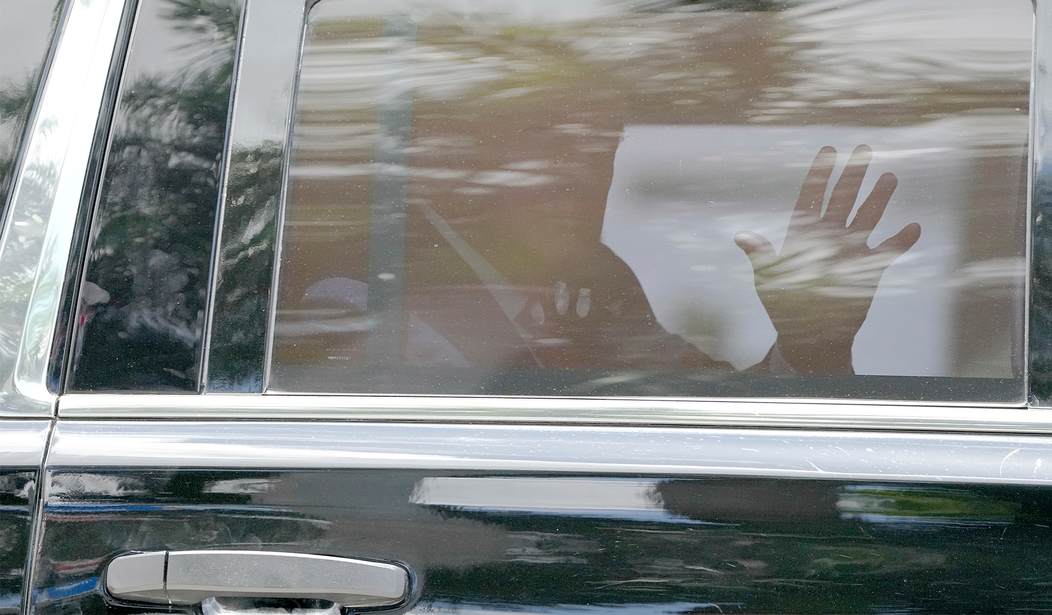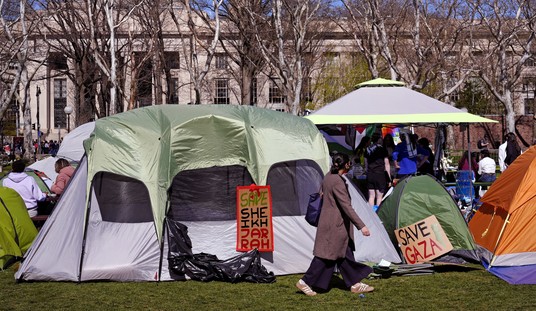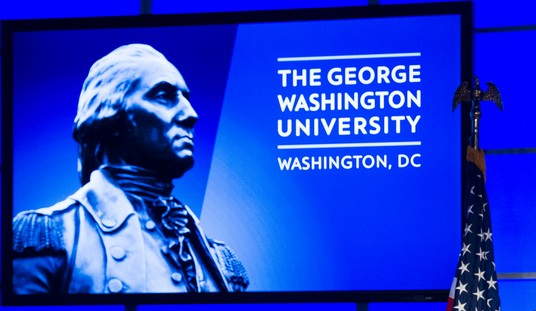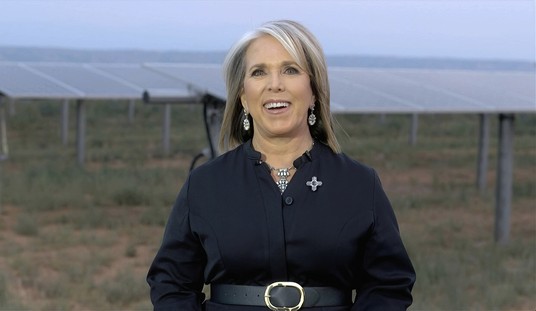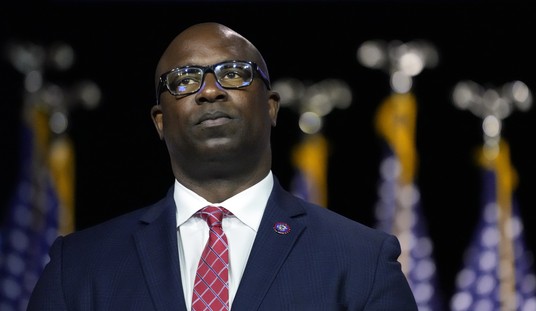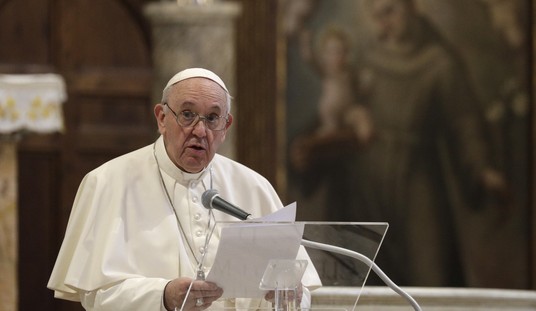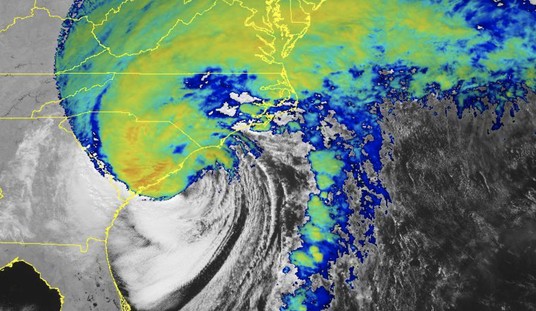The convoluted world of espionage challenges our notions of justice and fairness. The commutation of Chelsea Manning‘s sentence, the ongoing extradition proceedings against Julian Assange, and the talks surrounding Donald Trump‘s indictment for espionage-related charges have revealed a troubling double standard in how the federal law is applied, especially in high-profile cases on the global stage. By delving deeper into the concerns raised by Manning’s commutation, shedding light on Assange’s extradition and involvement in aiding Manning’s hacking endeavors, the unfairness and inconsistency in pursuing Trump’s indictment become clear. It calls for a reevaluation of these cases to ensure equal treatment under the law.
Manning’s Commutation:
Chelsea Manning’s crimes involved the unauthorized disclosure of classified information, which risked national security and endangered American lives. Despite the gravity of Manning’s actions, former President Barack Obama commuted the prison sentence, drastically reducing a 35-year prison term to just over seven years. This move has left many conservatives deeply concerned about the integrity of our justice system, as it downplayed the consequences for those who betray this country. Many conservatives rightfully question whether political motivations played a role in Manning’s commutation.
Manning, previously known as Bradley Manning, announced a gender transition in 2013. Manning, who had been convicted and sentenced, sought the right to receive hormone therapy while in military prison. This led to a legal dispute that eventually resulted in a court order allowing Manning to undergo gender transition procedures. The use of taxpayer money to fund these procedures for individuals convicted of crimes remains controversial.
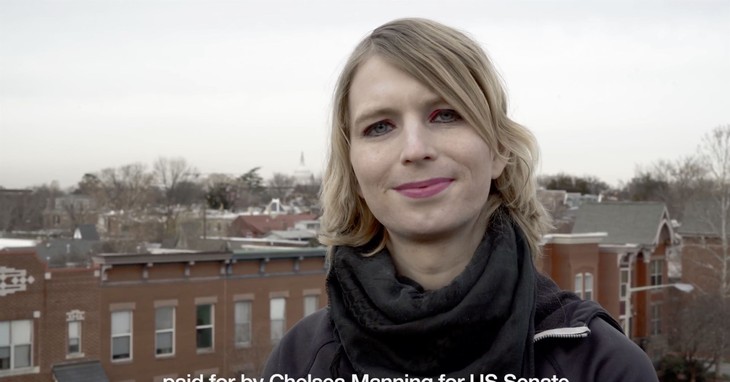
Assange’s Extradition:
At the center of this intricate narrative is Julian Assange, the enigmatic founder of WikiLeaks. In the discussion of “Freedom of Press hero or hacking villain,” we cannot overlook Julian Assange’s alleged role in assisting Manning with hacking activities. It was alleged by the Department of Justice (DOJ) that Assange provided Manning with guidance and support in cracking passwords and gaining unauthorized access to classified government systems. By allegedly facilitating these actions, Assange played a role in the procurement of sensitive information, not merely as a “publisher” as most often purported.
While Manning received leniency in serving out the prison sentence, the pursuit of Assange’s extradition persists, despite the evident double standard at play. Manning is living freely… and even ran for a Senate seat… while Assange has been held at Belmarsh Prison in London for over four years. Assange is inching closer to extradition to the U.S., where he faces a combined sentence of up to 175 years in prison.
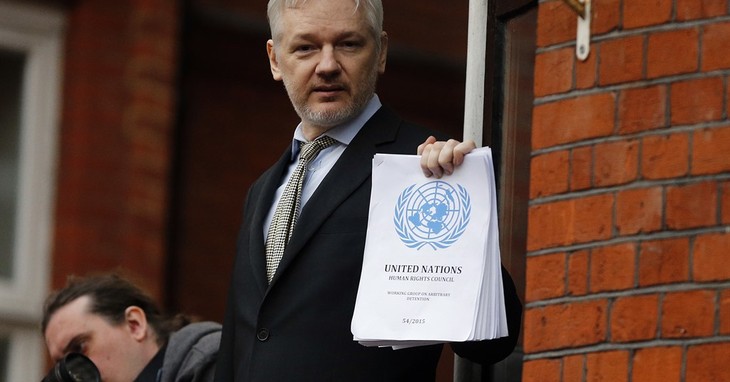
Trump’s Conflicting Stance
In the final days of his presidency, Donald Trump faced mounting pressure to grant a pardon to Assange. Many diplomats and prominent individuals in the international community argued that Assange’s pursuit of press freedom and transparency warranted clemency, especially considering the commutation of Chelsea Manning’s sentence during the Obama administration.
The power to grant pardons and reprieves is enshrined in the United States Constitution, with Article II, Section 2, Clause 1 explicitly stating that the president has the authority to issue pardons for federal offenses. This constitutional power allows the president to exercise discretion in granting pardons, even in cases where individuals have not been convicted. With Manning’s already commuted sentence and the precedent it set, it would have been within Trump’s purview to extend similar clemency to Assange. Despite the pressure and calls for pardon, Trump ultimately chose not to intervene in Assange’s legal situation.
Trump did consider pardoning Assange, saying to Candace Owens after leaving office:
I will say you have people on both sides of that issue. Good people on both sides, and you have some bad people on one side. But I decided to let that one ride, let the courts work it out. And I guess the courts are actually doing that.
You know, you have a country and it was some spying things and some bad things released that really set us back and really hurt us with what they did. But […] I could have gone, I was very close to going the other way.
Trump’s statements regarding Assange and WikiLeaks have been a blend of evolving and conflicting narratives. From expressing disdain for WikiLeaks’ actions to applauding their release of hacked DNC emails, his stance seemed to change with time:
- “I think it’s disgraceful. I think there should be like death penalty or something.” – Trump said in a 2010 interview
- “Oh, we love WikiLeaks.” – Trump said during a North Carolina campaign rally in October 2016, expressing his appreciation for WikiLeaks’ release of hacked Democratic National Committee (DNC) emails.
- “The dishonest media likes saying that I am in Agreement with Julian Assange – wrong. I simply state what he states, it is for the people…to make up their own minds as to the truth. The media lies to make it look like I am against ‘Intelligence’ when in fact I am a big fan!” Trump tweeted on Jan. 5, 2017.
- “I know nothing about WikiLeaks. It’s not my thing. I know there is something having to do with Julian Assange.” – Trump said the in Oval Office in April 2019
Read More:
WikiLeaks’ Julian Assange One Step Closer to Extradition, His Fate and Press Freedom Hang in Balance
Tucker Carlson: Mitch McConnell Coerced Trump Into Not Pardoning Julian Assange
Among the pardons Trump did issue were for rappers Lil Wayne and Kodak Black. Lil Wayne had pleaded guilty to a federal gun charge, while Kodak Black was serving a 46-month prison sentence for making a false statement on federal forms to purchase firearms when he was pardoned by then-President Trump. Kodak Black was re-arrested last year in Florida on drug charges, and another arrest warrant was issued earlier this year for failing a drug test per the terms of his probation.
Many people felt these rapper pardons were disappointing, in juxtaposition to the weight and ramifications carried by cases such as Julian Assange and Edward Snowden.
Trump’s Espionage Indictment- Revealing the Double Standard:
The discussions of DOJ weaponization surrounding Donald Trump’s historically unsettling indictment, including an espionage charge, display another clear double standard within our justice system. Some voices clamor for him to be tried for espionage based on a dispute over executive privilege in retaining documents under the Presidential Records Act, while Manning’s commutation sends the message that actual betrayal of national security shall be met with leniency. This inconsistency undermines the principle of equal treatment under the law and suggests a political bias in charging and sentencing decisions within the federal government.
The disparities in Manning’s commutation, Assange’s extradition, and Trump’s indictment unveil a disconcerting legal mosaic, or perhaps no standards at all, in espionage cases. By critically reassessing these cases and acknowledging the glaring disparities, we have the opportunity to uphold the fundamental American principles of justice and fairness. However, in their current state, it is evident that the concept of “blind justice” is merely a feel-good mantra. The inconsistencies and double standards that persist undermine the very essence of a just legal system.

